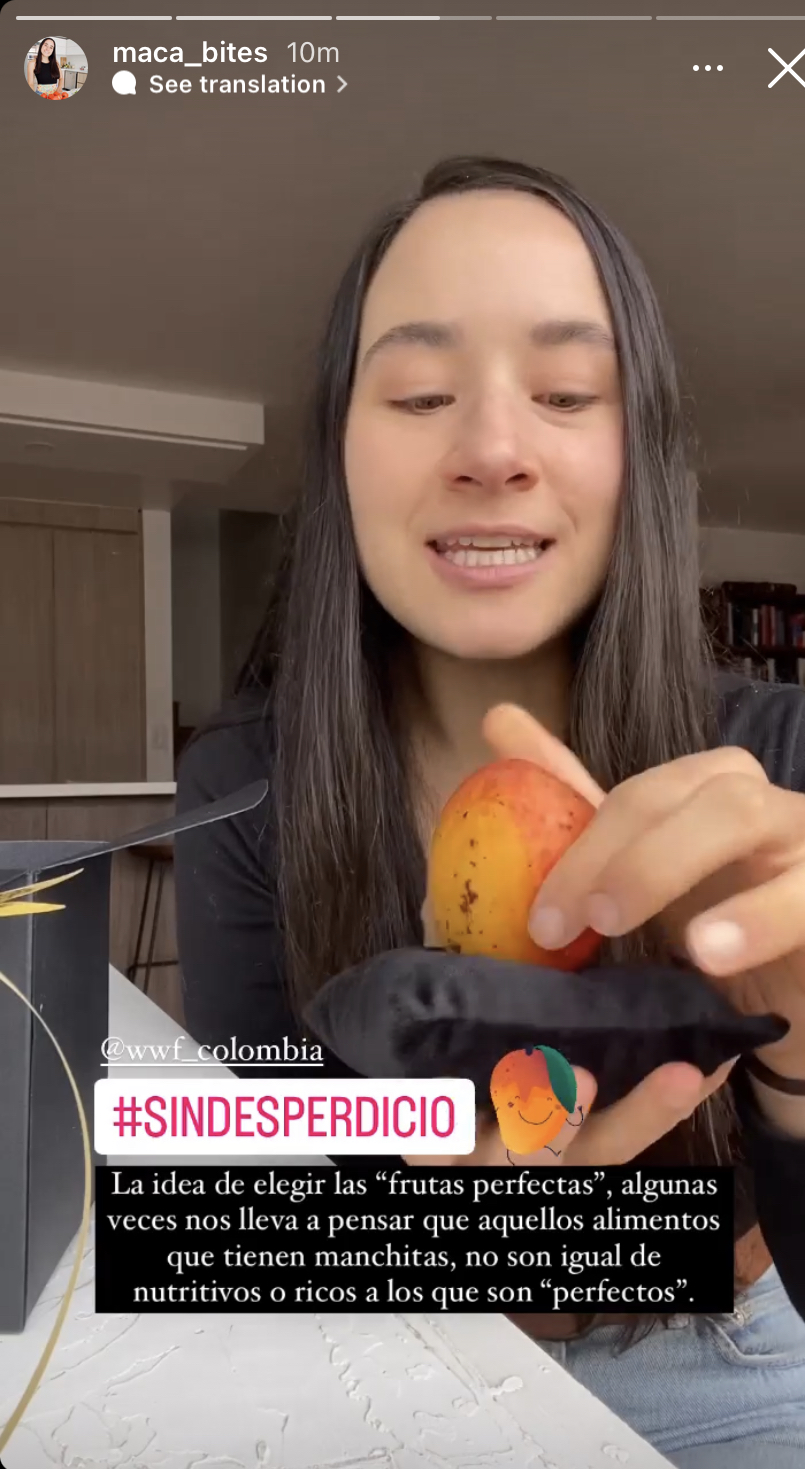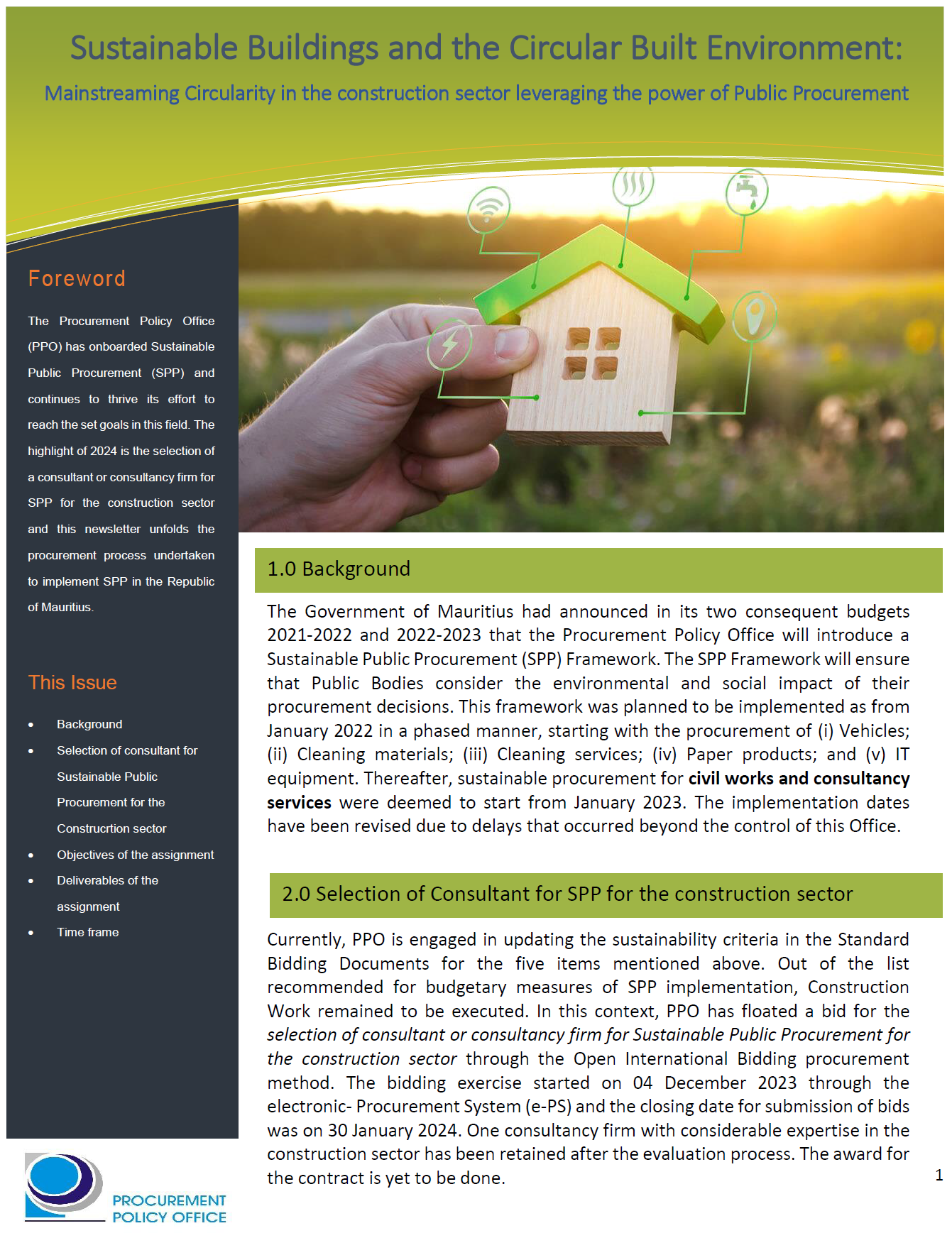Let's talk about food waste, but how?

WWF Colombia's latest campaign has reached more than 20 million people, over 41 percent of its population, with a novel concept.
Comparing a banana to a luxury watch, or a cup of rice to the latest fashionable trainers or thinking that food is so valuable that perhaps it should be transported in an armoured truck, are some of the apparent absurdities that have nudged Colombians to think about food waste throughout the past year.
This journey started with research in 8 cities that showed that people generally do not understand that food waste impacts the planet. It is rather perceived as an unethical practice, a behaviour that they prefer to hide from unwanted scrutiny.
With this insight, the creative team at the Sancho BBDO agency developed "The value of food", a communication strategy that does not seek to emphasise either the tons of food that are wasted or the people who suffer from hunger – narratives often used when this topic is proposed. On the contrary, the strategy consisted in showing people that food conceals a very high cost that is paid by our planet. The main message: “Food costs the Earth a lot. Don't waste it.”, accompanied by concrete actions people could take.
Nowadays it is a challenge to connect with increasingly fatigued audiences that have increasingly shorter attention spans. However, WWF Colombia's bid, bringing on a combination of content creators, street ads and media, resulted in an estimated reach of 20 million people.
Connecting with people based on their beliefs
The research findings sparked great interest from local, national, and international media. More than 100 articles were published on television, radio, print and online, and made the front page in a national print newspaper. A group of social media content creators also joined the effort and engaged their followers, challenging them to view waste through this different lens.
Thirty of them, including actors, TV show hosts and chefs decided to do an ‘unboxing’, a format on digital channels that has become popular to launch products or reveal high-value objects. This time the object in question was not a new mobile phone or any other high-value product, but a passion fruit or a tomato.
A call to action, the details do matter
Living #WasteFree (Spanish: #SinDesperdicio) would seem at first glance to be a very concrete call to action. However, it is not. The research revealed that at least 21% of respondents do not know how to avoid food waste while others even believe it is impossible.
For this reason, www.vivesindesperdicio.com was created, a website where people can learn how to avoid wasting different types of food. In the form of a directory from A to Z, one can find what to do with leftover rice or how to properly store a carrot. There are videos showing how to make new recipes with leftover chicken or how to use vegetable skins to avoid that they end up in the bin.
WWF Colombia is collaborating with key allies in the retail, food service and new digital sectors, with the aim to enable the conditions that make it easier for the consumer to make better consumption decisions. In this way we are committed to solving Colombia’s food waste issue and contribute to the urgent need for global food systems transformation.

